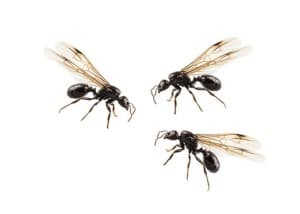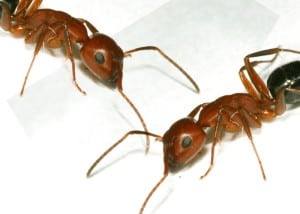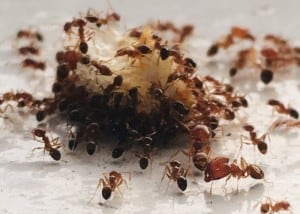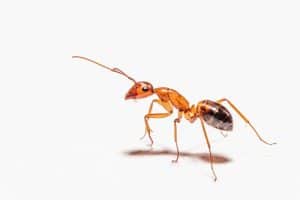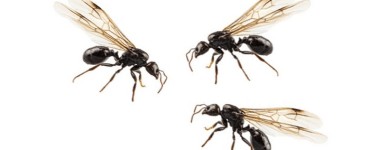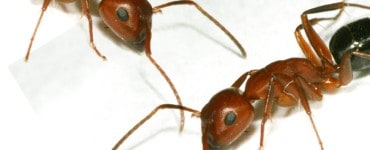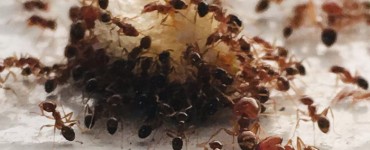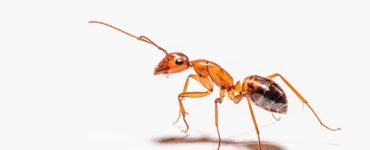Ants can be a problem in your home if they gather in large numbers and create a mess. Some people say that ants are beneficial because they help to clean up food crumbs and other debris. However, most homeowners would agree that an excessive amount of ants is definitely a nuisance. If you notice an ant colony growing out of control, there are several ways to get rid of them without resorting to pesticides or harmful chemicals. One way is to vacuum them using a vacuum cleaner.
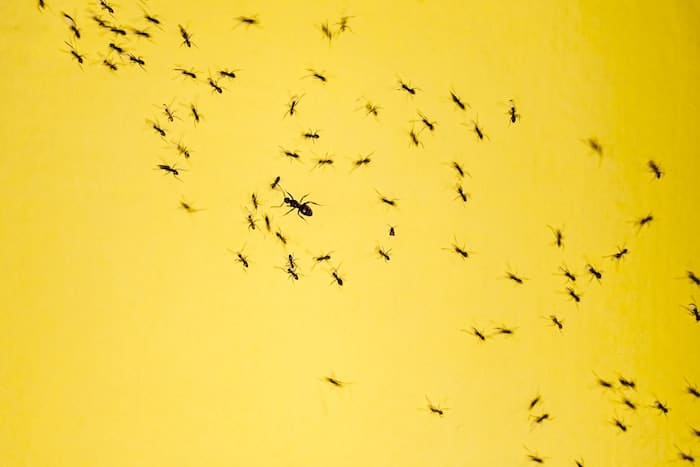
Vacuuming ants can save you a lot of time and effort. Not only will they remove any visible ants, but they’ll also pick up any food or smaller insects that may have been left behind. Be sure to use the correct vacuum cleaner for your ant colony – a handheld unit won’t be effective at all, while an upright with a hose attachment will be better suited for larger colonies.
Why Need to Vacuum Ants?
Vacuuming ants can help you avoid getting bitten. While the ants do not sting, they do bite. When you vacuum them, you will not be direct contact with them. So basically vacuuming ants can help you prevent bites from occurring.
If an ant does bite you, apply medicinal ointment on the area. Ant bites are not particularly dangerous, but can still cause irritation and swelling.
Is It Safe to Vacuum Ants?
In general, it is safe to vacuum ants if the vacuum cleaner is set on the lowest speed and the bag is properly placed over the ant. If the ant is large or if the vacuum cleaner has a lot of suction, it may be dangerous to vacuum them. If an ant is stuck in the hose or around the nozzle, it may be necessary to remove the hose from the vacuum cleaner and use a manual tool to dislodge the ant.
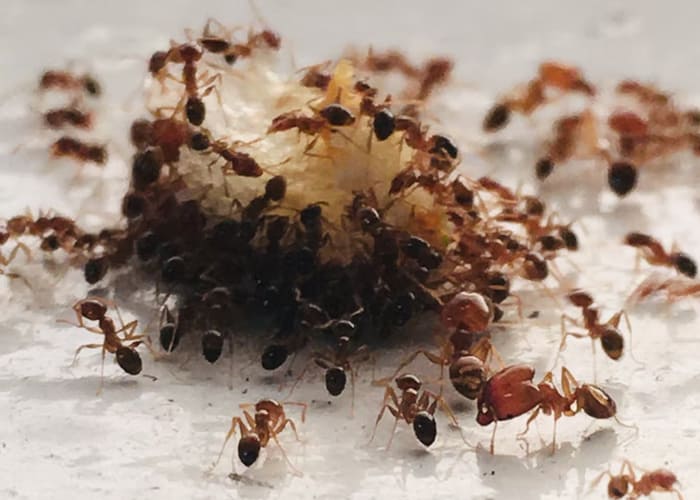
Empty the Bag After Vacuuming the Ants
The purpose of replacing the vacuum cleaner bag after vacuuming ants is to prevent the vacuum cleaner from attracting more ants. When the vacuum cleaner sucks up ants, it also sucks up the ant mound, which then provides food for the ants. If the vacuum cleaner bag is not replaced, the ant mound will be left behind and the ants will return.
Does Vacuuming Kill Ants?
There is myth surrounding whether vacuuming kills ants. Some argue that the air pressure created by the vacuum cleaner’s motor can kill ants, while others suggest that the ants are simply too small to be killed by a regular vacuum cleaner.
In any case, it is generally considered that the vacuuming will not kill all the ants, but it will displace them. That said, vacuuming can also make the problem worse by scattering the ants and leaving behind a new ant mound to attract more ants. A better option is to use a vacuum with a HEPA filter that doesn’t blow out the ants and allows them to be captured in the canister. This may take more time, but it is definitely the best way to deal with an infestation.
How to Vacuum Ants
Vacuuming ants can be a difficult task, but with a few tips, it can be done easily. Follow these simple steps to vacuum ants:
- Sweep the area where you see the ants; this will help remove any food or nest materials.
- Place the vacuum cleaner on its lowest suction setting and position it over the ants.
- Hold the vacuum cleaner in one hand and use the other hand to sweep the ants back and forth while vacuuming.
- Continue sweeping until all of the ants are removed from the area.
- Once all of the ants are removed, turn off the vacuum cleaner and empty its contents into a trashcan or outdoors for disposal.
Is It Worth Vacuuming Ants?
The debate over whether or not it’s worth vacuuming ants is one that has been going on for years. Some people believe that it’s important to remove all of the insects from their home, while others feel as if it’s not necessary.
The truth is that it really depends on the situation. If there are a lot of ants living in a specific area, then it might be worth getting rid of them. However, if there are only a few ants and they aren’t causing any problems, then it may not be worth taking action. Ultimately, the decision must be made on a case-by-case basis.


